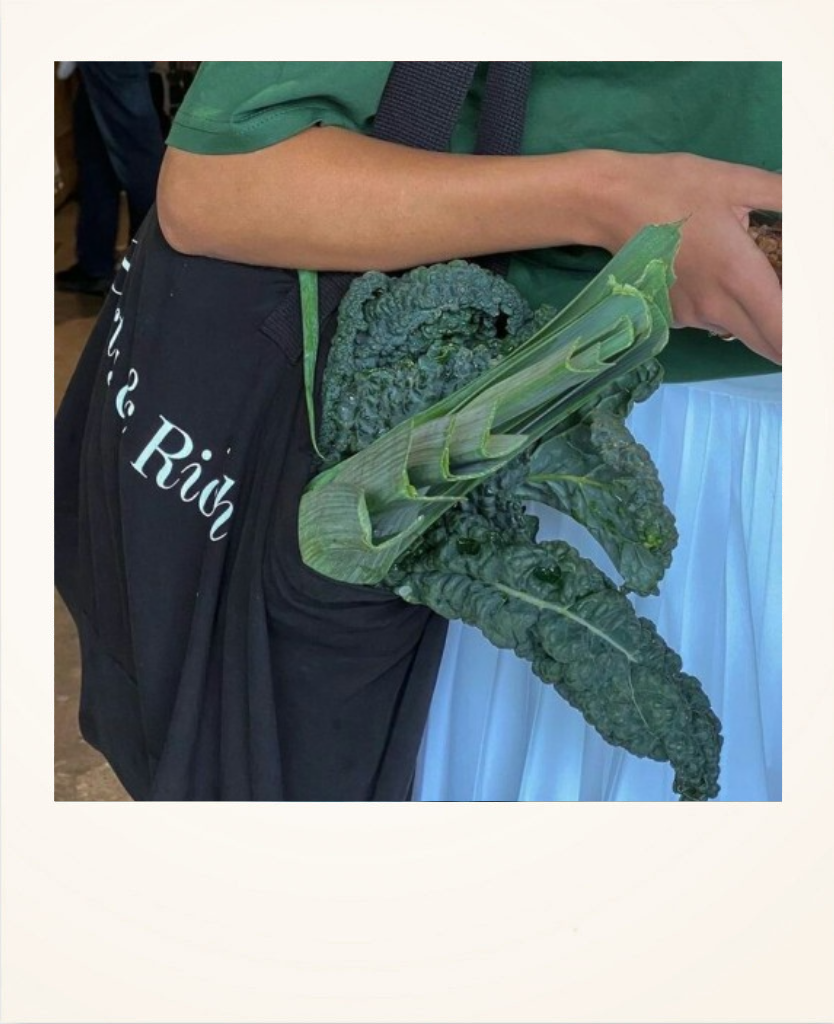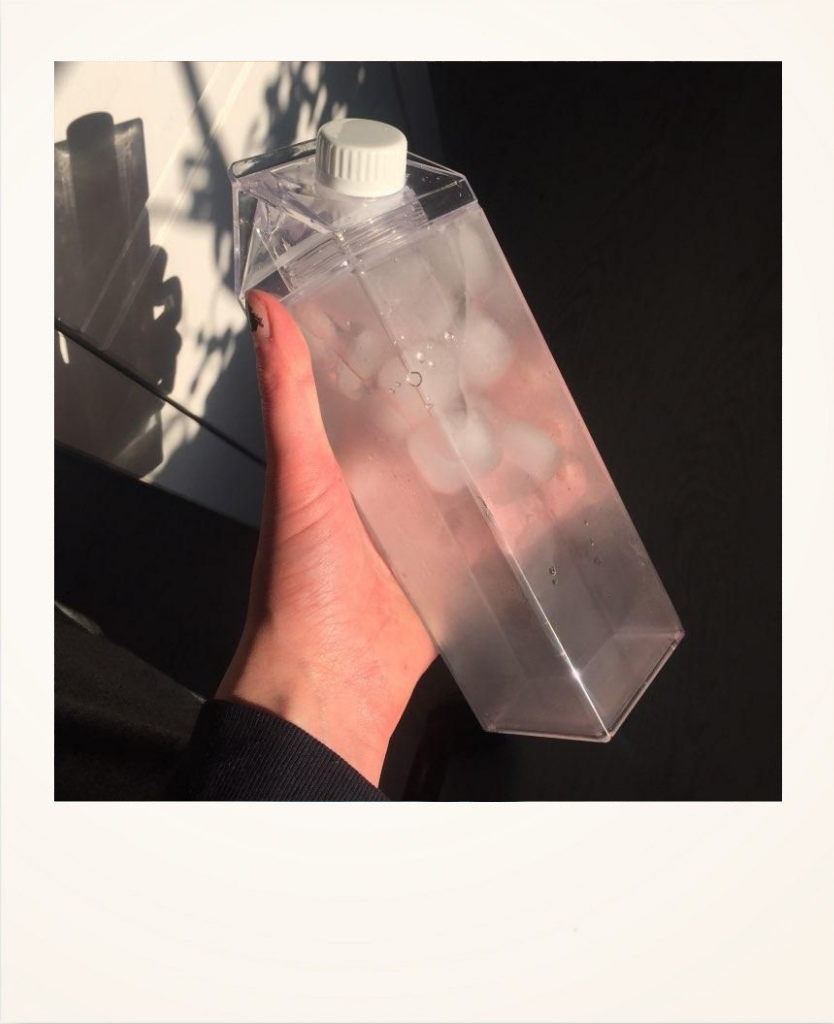World Vegetarian Day was founded in 1977 by the North American Vegetarian Society (NAVS). Thanks to the International Vegetarian Union, it became international just a year later.
Vegetarianism is a diet that does not include the consumption of meat or fish. Many religious practices, such as Hinduism and Buddhism, incorporate vegetarianism into their lifestyle. However, as people become increasingly aware of the environment and sustainability, the popularity of vegetarianism has increased considerably in the last decade. Thanks to documentaries like Cowspiracy and Seaspiracy , the damage caused by animal agriculture and overfishing has become a reality. It's no longer a secret.
Every year, the human population consumes approximately 350 million tons of meat. This has led to a 60% decline in the wild animal population in 50 years—largely because they are killed to feed livestock reserves. More than 70 billion farm animals are raised annually, and more than 6 million are killed every hour to feed humans.
This type of agriculture has led to the destruction of 91% of the Amazon rainforest (between 1 and 2 hectares are cut down per second). Furthermore, animal agriculture emits between 10 and 100 times more greenhouse gases per unit of production than plant-based foods, and uses between 10 and 100 times more land. Contrary to popular belief, 70% of soybeans produced in the United States are used to feed livestock and fish, rather than people with plant-based diets. The average amount of soybeans exported annually is 8 million tons.
It's well known that cows produce large amounts of methane gas. However, beef also has the largest water footprint of all foods: 34,000 liters of water are used to produce 220 grams of steak. This is six times the amount of water needed to produce the equivalent amount of protein in lentils.
According to research conducted by Seaspiracy , 90% of the world's large fish population has been wiped out by fishing. We know it's sometimes difficult to grasp the true magnitude of a problem, so here are some facts that will make it easier:
- Every year, 1 million tons of fishing gear are thrown into the sea (that's 11 Eiffel Towers).
- 300,000 marine mammals die each year due to discarded fishing nets – around 30,000 sharks die every hour
- In 2018, 300 sea turtles died on the coast of Oaxaca, Mexico, at the hands of a small, discarded net.
- 6 out of 7 species of sea turtles are in danger of extinction due to plastic, pollution, poaching and accidental captures.
- Shrimp fishing operations are among the most dangerous for sea turtles: the fishing industry captures, injures, or kills 250,000 sea turtles each year in the United States.
- Shrimp trawlers catch bycatch at a ratio of between 3:1 and 15:1 (bycatch:shrimp)
The capture or harm of sea turtles can cause enormous damage to marine life. These animals transport essential nutrients from the oceans to the coasts and keep coral reef ecosystems and seagrass beds healthy.
More and more people are giving up meat and fish every day. In fact, according to Finder data, the number of Britons who gave up meat completely in 2020 has doubled compared to 2019. The number of Britons who have started veganism has increased by 40% in 2020.
Momoc strives to contribute to the fight against the destruction of our planet and its ecosystems by using only vegan and sustainable materials to produce our shoes. It has also been certified by PETA (People for the Ethical Treatment of Animals) since the summer of 2019. We use recycled vegan materials such as cotton, polyester, tires, and wood, among others. We also use 100% plastic-free packaging consisting of a combination of reusable cotton, cardboard, and recycled paper. In addition, part of the company's profits are donated to forest reforestation and animal sanctuaries.
Despite the harm that meat consumption poses to the world, many people continue to argue that eliminating meat from their diet can also lead to deficiencies in essential vitamins and minerals. It's true that vitamin B12 can only be found in meat, eggs, and yeast, but many health food stores sell it as a supplement. With a proper and healthy diet, nutrient deficiencies are less likely to occur. For example, iron can be obtained through the consumption of spinach and kale, and omega-3 is found in seeds such as chia, hemp, and flax.
If we are conscious and informed about the foods we eat, following a vegan or vegetarian diet is not only healthy but also contributes to preserving the well-being of our planet.
(Unless otherwise stated, all information and data above comes from research conducted by the Cowspiracy and Seaspiracy team.)



